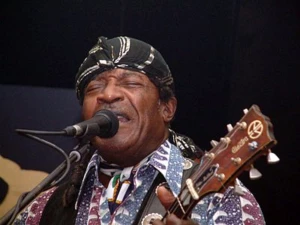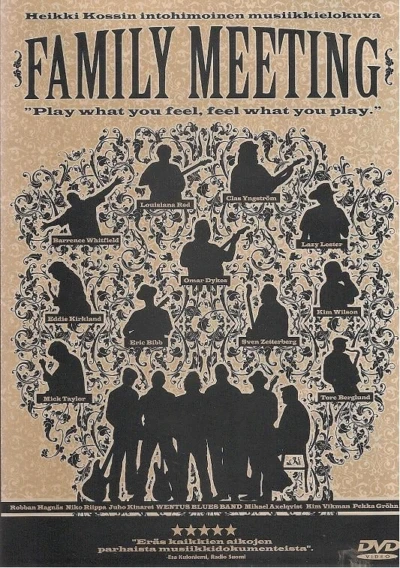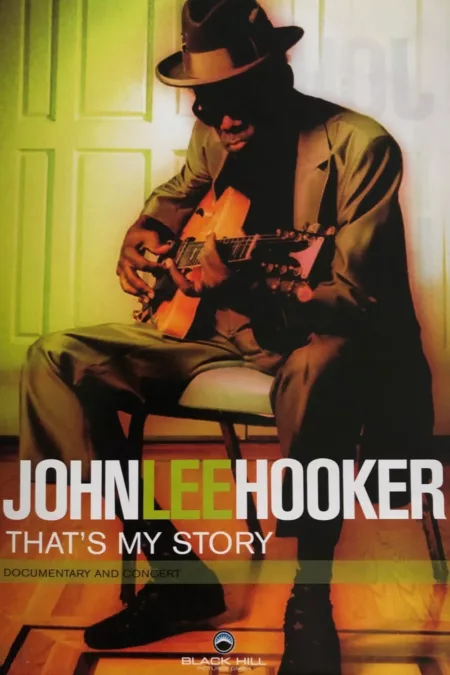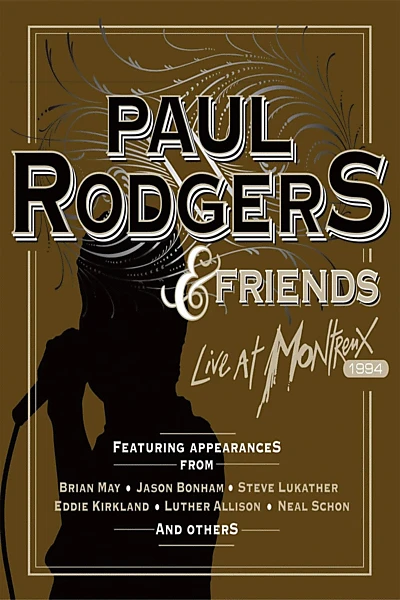Biography
(No Information)
Filmography
Information
Known ForActing
GenderMale
Birthday1923-08-16
Deathday2011-02-27 (87 years old)
Birth PlaceJamaica, Jamaica
CitizenshipsUnited States
This article uses material from Wikipedia.
Last updated:
Image credit: Bobtje Blues, CC BY 3.0, via Wikimedia Commons
 Eddie Kirkland
Eddie Kirkland- Filmography
- Information


